Peer Reviewer
In the context of Qaulan: Journal of Islamic Communication and Broadcasting, a peer reviewer plays a crucial role in the scholarly publication process. Peer review is a quality control measure that ensures the academic rigor and credibility of the research articles considered for publication in the journal. Here's an overview of the peer reviewer's role in Qaulan:
1. Expert Evaluation: Peer reviewers are typically experts or scholars in the field of Islamic communication and broadcasting. They possess in-depth knowledge of the subject matter and are well-versed in the relevant methodologies and theories. Their expertise allows them to critically evaluate the submitted manuscripts for accuracy, relevance, and scholarly merit.
2. Unbiased Assessment: Peer review is an anonymous and impartial process. Reviewers assess manuscripts without knowing the identity of the authors, promoting objectivity in the evaluation. This anonymity helps prevent any potential biases and ensures that the assessment is based solely on the content and scholarly merits of the submission.
3. Critical Feedback: Peer reviewers provide constructive feedback to authors, highlighting the strengths and weaknesses of the manuscript. They offer detailed comments on methodology, literature review, data analysis, and overall presentation. This feedback is instrumental in helping authors improve the quality of their work before publication.
4. Decision Making: Based on their evaluation, peer reviewers make recommendations to the editorial board of Qaulan. They may recommend accepting the manuscript as is, accepting it with minor revisions, major revisions, or suggest rejection if the quality or relevance is deemed insufficient for publication.
5. Maintaining Standards: Peer reviewers play a vital role in upholding the academic standards and integrity of Qaulan. By ensuring that only high-quality, original, and relevant research is published, they contribute to the journal's reputation as a credible source of knowledge in the field of Islamic communication and broadcasting.
The peer review process is integral to the scholarly publishing ecosystem, serving as a mechanism to validate and enhance the quality of research articles. It is a collaborative effort between the editorial board, peer reviewers, and authors, working together to advance the academic discourse in Islamic communication and broadcasting within the pages of Qaulan.
Note: If you’re interested in publishing in Qaulan: Journal of Islamic Communication and Broadcasting, make sure to read their peer review guidelines carefully!


